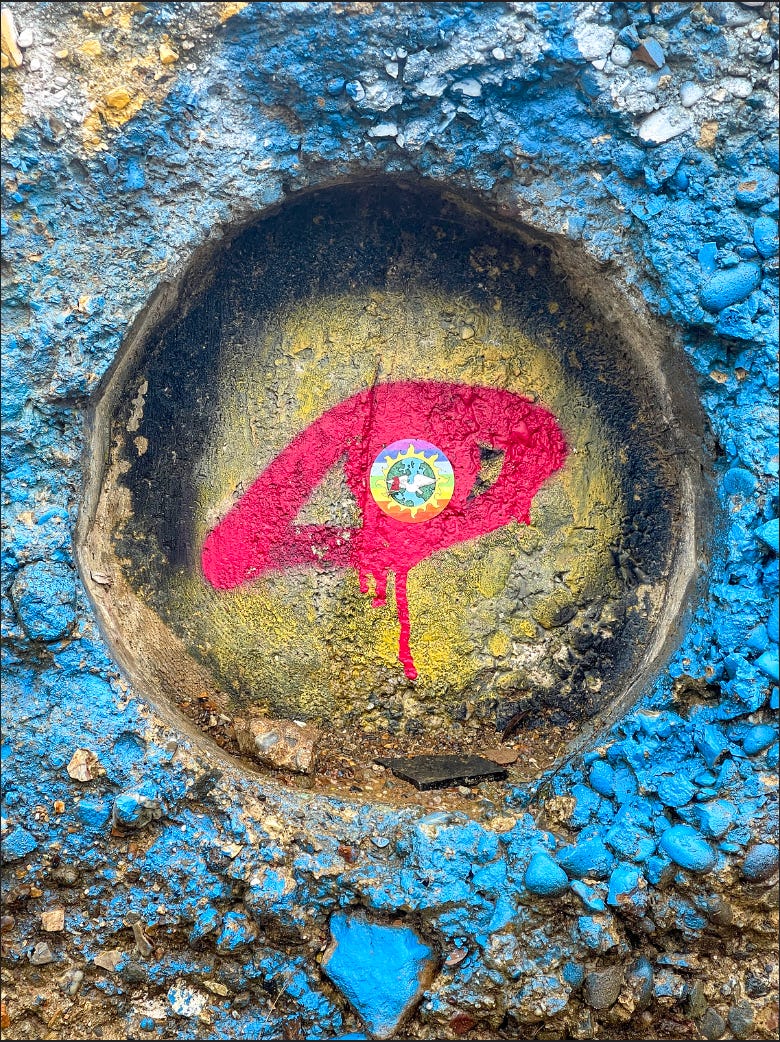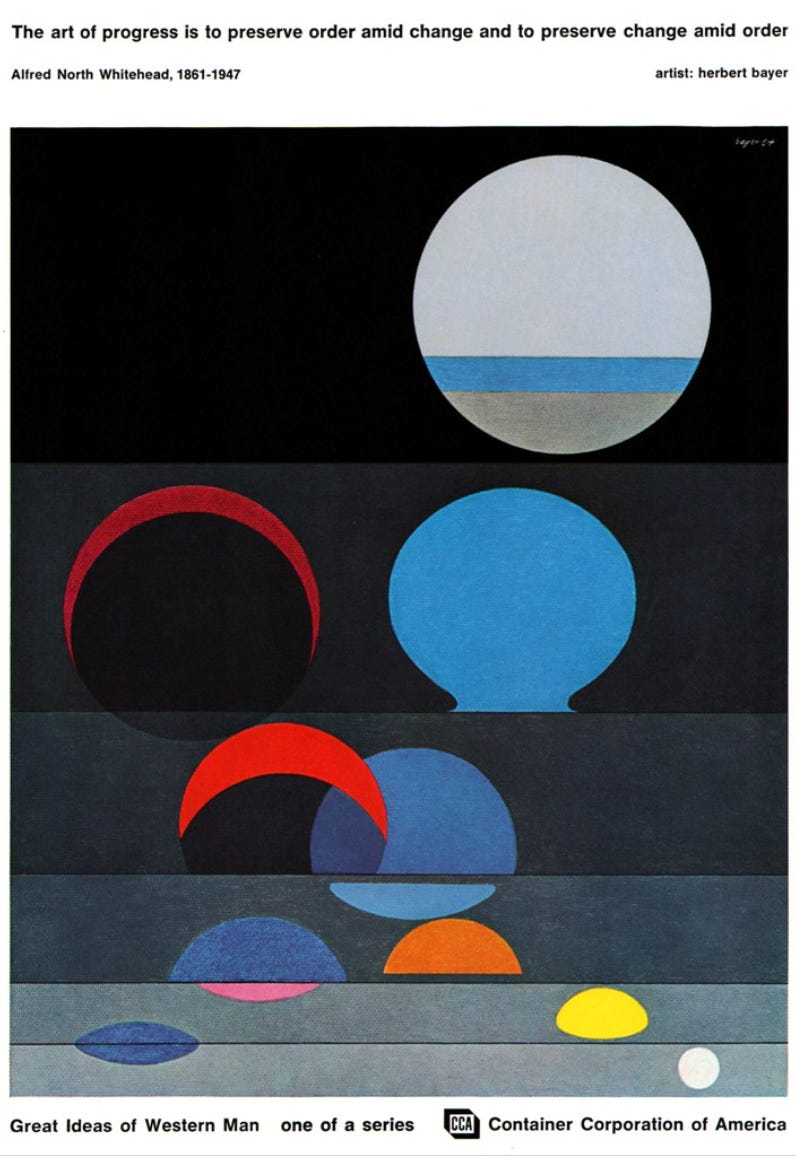you shall tread upon the lion and the cobra; the young lion and the serpent you shall trample underfoot
Hello and welcome to issue #1 of a knowing sneer and some malicious envy. Here is a link to a very brief primer on this project, if you can call it that. If you would like to receive this newsletter in your inbox every Friday, an easy way to do that and stay up-to-date on any other weird posts I decide to make is to hit the subscribe button below. There’s also a handy-dandy share button, in case you’d like to send this along to a friend who you think may be into this sort of thing. Thank you!
I always appreciated Sinéad O'Connor but was too young to really understand her as a fully formed moment in her generation. The way she could gut a song to its dusty frame and rebuild it by focusing on a detail like a new melody, homing in on some lyric that may have been buried in the mix, or a totally different arrangement was just so superhuman. I love the gentleness of her voice but my favorite is when she blasts off into glorious fury.
And of course as a certified Bob Dylan freak loser I love what she did with Bob Dylan’s songs. She once said of him that he “breathed life into many slumped children. And owned them. And showed them God, and life, and gave them expression. I'm one of those children and I wouldn't be alive if not for [Dylan] so [he is] every important to me and I want to thank [him] constantly.” Honestly, same!
I’ve always thought Dylan’s performance of his song Property of Jesus was a bit sulky and resentful, but Sinéad’s is exultant and authoritative; the way her voice breaks from the melody midway through the final verse is just one of those indescribable rock n roll moments, and the change highlighted a piece of poetry that I hadn’t noticed before and it, particularly coming from the person singing it, still hits me like a depth charge:
You can laugh at salvation, you can play Olympic games
You think that when you rest at last you’ll go back from where you came
But you’ve picked up quite a story and you’ve changed since the womb
What happened to the real you, you’ve been captured but by whom?
Her sadness I remember as something I assumed she was dialing into and using like some kind of energy reserve, like a sorcerer’s mana in some role-playing game. As a wannabe emo kid growing up writing wannabe emo songs and playing in wannabe emo bands I always aspired to be as sad as she seemingly was when she sang Nothing Compares 2 U, which I think might be the saddest song ever written. The buzzed head, the longing stare into the camera in the music video as she sang Prince’s lyrics, the brevity of the words putting a breathy punctuation on the utter emotional devastation of the song,
It's been so lonely without you here
Like a bird without a song
…
All the flowers that you planted mama
In the back yard
All died when you went away
just seemed like the total package when it comes to authenticity in art, not that I think all artists need to be sad, but that they need to believe their art, they need to be its first believer, its mother and father.
Of course that kind of sadness isn’t something you can just turn off when you’re done with it. Frightened Rabbit’s late frontman Scott Hutchison once was asked in an interview what his main motivation was creatively and he answered “heartache.” It served him well while he put together some of the great (and very sad) alternative rock records of the late 00s/mid 10s but it betrayed him in the end. Scott heaved his body over a bridge, into the Firth of Forth, and to his death in 2018.
Anyways, I’m so sad that Sinéad has left us. I hope her fearless heart is, finally, at peace.
I realize this is my own fault for still being on Twitter, but I’ve come across this on every social media site. It’s kind of a bummer that all of TV is now this cacophony of memeable moments which are encountered on the trending topics tab and are experienced randomly and totally out of context. It is such a grotesque way to consume media. There’s just got to be a better way than this.
In the pre-streaming era of course a similar thing happened all the time, with everyone live-tweeting big TV events; those of us who may have missed it live would have to avoid social media for days unless you didn’t mind spoilers or actually just wanted to know what happened. Maybe some knew it at the time but we were living in the monoculture’s death rattle. I don’t know how many more Barbenheimers it’ll take to resuscitate it.
Other people have noticed the weird thing about streaming and social media as well, and for the first time, last year streaming outperformed cable and broadcast TV. I guess if you’re like me and you’re a little bothered or at least overwhelmed by this shift in the way we collectively experience things like hit TV shows, all we can do is sit around and wait for the age of social media to come to an end, which seems to be happening as I type this.
All of this to say I really love Season Two of The Bear and its wonderful soundtrack.
I didn’t mean for this to be a music issue or to be this music heavy out of the gate or anything but here we are and here I am, about to write about music again. I am too lazy to check and see if this was misattributed but I think it was Elvis Costello who said that writing about music is like dancing about architecture. That’s probably why the site that I will no longer mention but still hate-read from time to time feels compelled to reach for triumphant literary heights while trying to review a Beyoncé album or whatever celebrity-adjacent art-pop album they’re going to lazily give a best new music stamp to.
But I’m stunned that Cut Worms’s new self-titled album hasn’t gotten more buzz and feel like someone should be talking about it. NYC-based singer/songwriter Max Clarke has been making music under the moniker for three albums now, and all of them have been tightly-arranged excellent rock n roll records. He has an uncanny ability to evoke a little of Zevon’s scuzziness, Lord Huron’s sometimes-stealthy look backwards into proto-rock canon (LH being an extremely unfairly-treated band by critics in my opinion), and the Byrds’ brightness and jangliness, drenching it all in just the right amount of rootsy twang, which he employs sparingly and responsibly. His music reminds me of an Edward Hopper painting.
What distinguishes Cut Worms among the many other bands obsessed with midcentury modern palettes and sonic aesthetics, Pet Sounds, and pedal steel guitars is Clarke’s clean, taut execution and his clever, sincere songwriting. His music lives in a place and time that’s just beyond the reach of memory, it’s specked with familiar dust but it’s earnest and it isn’t a costume. He is neither tubthumping on a banjitar in overalls nor slouched over a pedal board.
A couple years ago in an interview with Aquarium Drunkard he was asked about being pidgeonholed as an artist with some kind of vintage schtick and I loved his response:
I just feel like it’s kind of a lazy critique to say that this guy is just obsessed with classic rock in the ’60s or something. Like any song that has a recognizable structure is old-fashioned or something? I don’t really buy into that idea. I was thinking: Do modern classical musicians get critiqued like that? Like, “They’re stuck in the Victorian era” or something? It’s working within a tradition that exists.
Clarke, an illustrator in his day job, has leveled everything up on his latest release. A little less twangy than his last offering, Cut Worms is a breezy late-summer masterpiece that sounds both familiar and new. If it’s a little sleepy, it’s because it wants to be. Clarke’s lyrics oscillate between the shock and horror of living in modern times – where American civilization feels like it is existing on a knife’s edge, our institutions fail us every day, the planet is on fire, and everything is broken (on these horrors, Clarke wonders “how can I just take it and smile?” on Take It And Smile) – to Hemingwayesque typewriter-bleeding about love and heartbreak, like on the gorgeous, cloying Living Inside.
In the night I think of your eyes and your windy hair
Just the way that you carry yourself
And the clothes you wear
And even when I’m awake
There's dream of you that don’t fade
Even when you’re not around me it lingers there
On the latter track, his mastery of the formula of the postwar rock n roll song is on full display, but that could be said about any of the songs on here. It might sound like something you’ve heard before, but this isn’t your grandaddy’s malt shop music: it’s a little power pop, a little folk, it’s got a little American Songbook crooner in there, it’s “classic” in the traditional sense; and it’s my favorite album of 2023 so far.
Well that does it for this week’s newsletter - smash that subscribe button if you’ve liked what you’ve seen and want to see more of it until I abandon this project!!







Well done, Marios. I haven't gotten to the Cut Worms album yet...guess I need to move it up the list.
I forgot I could comment. Good stuff. Love the Frightened Rabbit reference. RIP